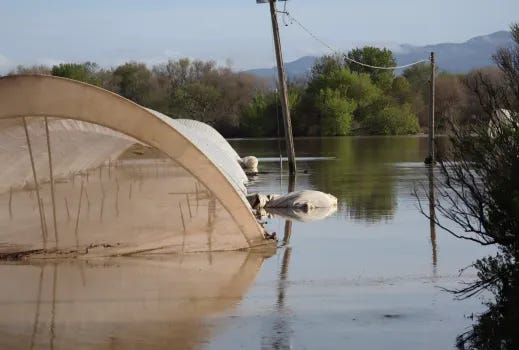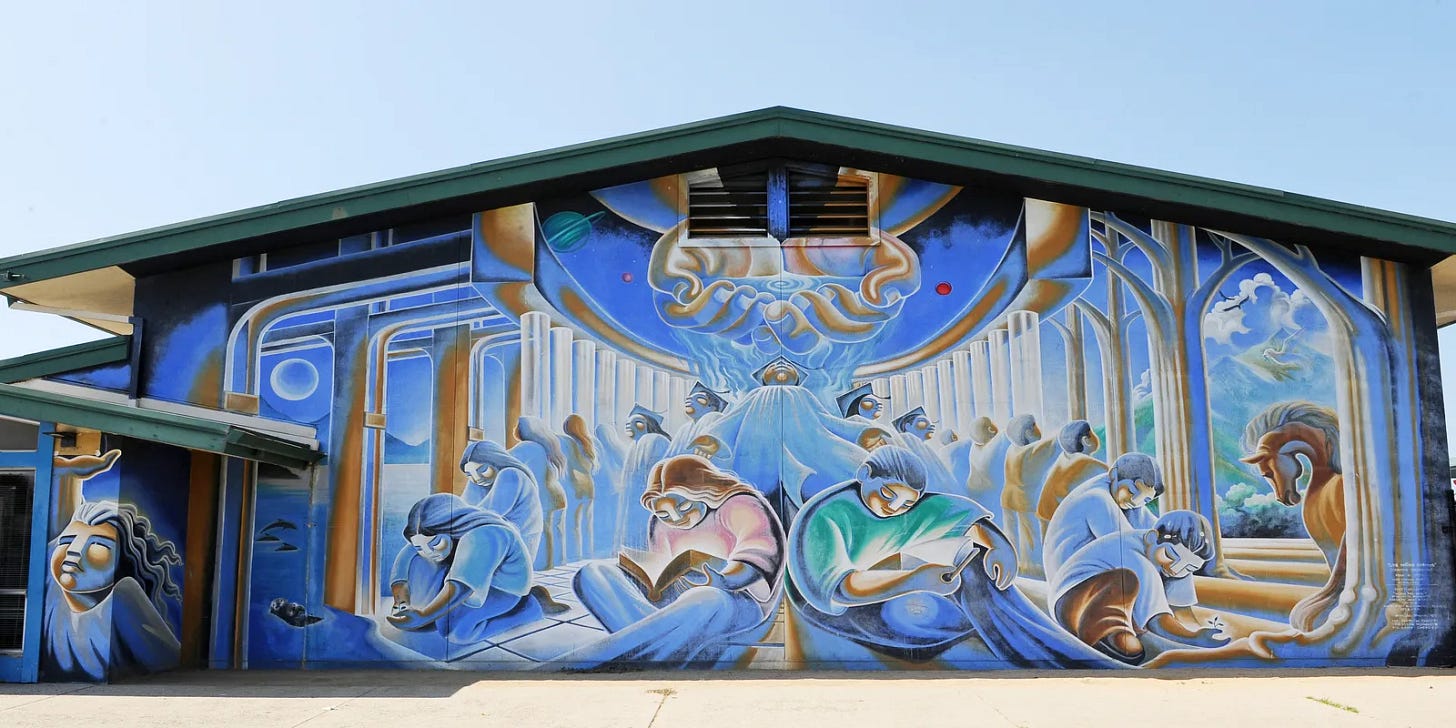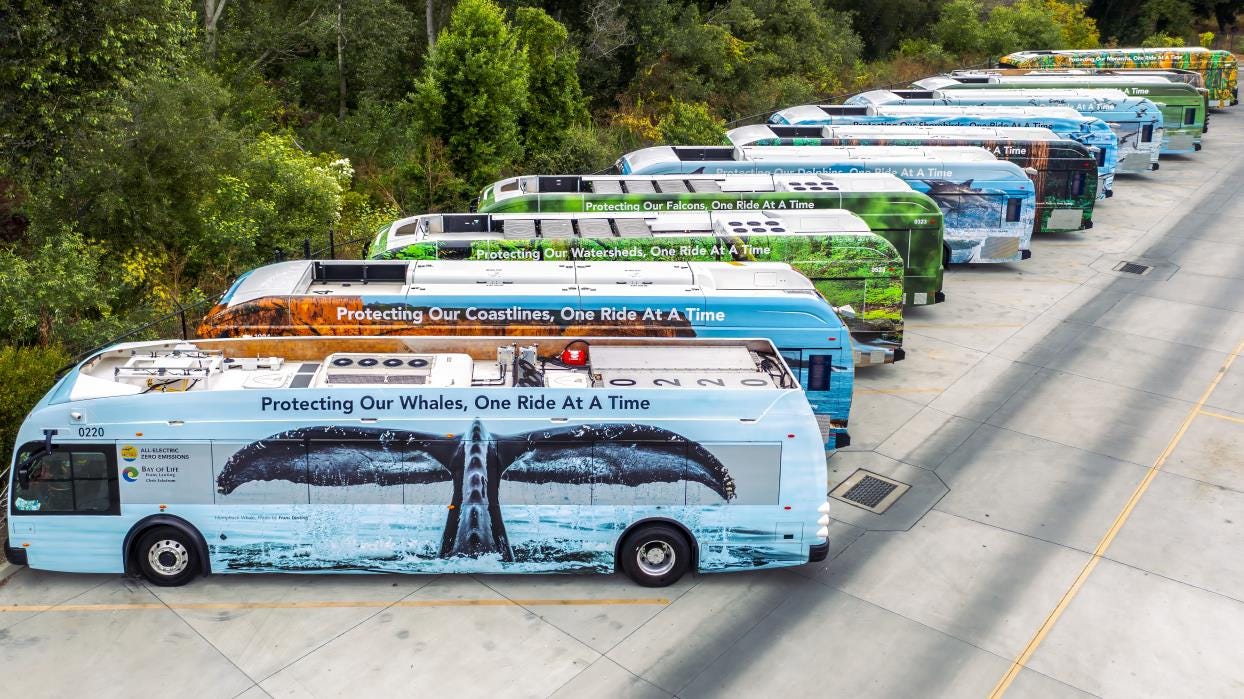This Week on the Central Coast…
Artisans in both food and traditional art and progression in sustainability.
Monterey
New Cheesemaker Opening Shop in Carmel Valley
Sophie Hauville grew up in Normandy, France, the cheese making capital of the country. She finished a degree in business, then moved to Chicago where she worked for twelve years, then finally made her way to California. The plan was to take a break from her “real job” in the peacefulness of Big Sur. She got that break, but not as planned as the lockdowns happened. Hauville went from tending to spreadsheets to tending bees, which eventually introduced her to local cheesemaker Charlie Cascio. Carmel Valley Creamery is the result of that fateful meeting.
Set to open in the spot where Rosie’s Cracker Barrel used to be (at 1 Esquiline Road), visitors will be able to watch cheese being made through a large viewing window as well as participate through workshops or take-home kits. The Creamery will be stocked with fresh cheese, coffee, Ad Astra bread, and ice cream from Revival.
“Carmel Valley Creamery is planning a soft opening on Bastille Day, Sunday, July 14 and hopes to welcome the public to visit the creamery for some fresh cheese and cheeseboard essentials”. You can get on their mailing list for updates here.
Seaside Basin Helps Boost Monterey Water Supply
The Aquifer Storage and Recovery Project captures overflow water from the Carmel River and transports it to the Seaside Basin. Once in the basin, the water is treated and ready to use. About thirty percent of the water stored there is used on the Monterey Peninsula for drinking water.
Roughly fourteen acre-feet of water are being injected into the basin every day (about the size of fourteen football fields filled to a foot deep). While the amount of water stored is no small amount, certain limitations prevent the system from being even more efficient.
Even as drought conditions have lightened, projects like this are necessary prep in case another one happens again.
Salinas
Hijos del Sol Celebrating 30th Anniversary
For the past thirty years, Hijos Del Sol has been a haven for creative individuals, providing studio space, supplies, and instructors to children and adults alike. Its founder, Jose Ortiz, expressed why he decided to open the studio. “What I didn’t have was a place to create. I was getting bumped from place to place, which is just a condition for people who migrate to the U.S. with nothing in their pockets.” The nonprofit also partners with schools in Salinas City Elementary School District to hold 10-day art sessions at each location.
Hijos Del Sol celebrated its thirtieth anniversary with the opening of a new studio last month. Currently, the group is working on a new exhibit called “Garabatos” (“Scribbles” in Spanish). More information about their current and past projects can be found on their website.
Santa Cruz
METRO Program Wins Public Outreach Program of the Year
Santa Cruz Metropolitan Transit District's One Ride At A Time campaign was named Public Outreach Program of the year by the California Transportation Foundation.
Since January of 2023, METRO has donated a portion of every rider’s fee to local nonprofit organizations as part of its Rider Loyalty program. The transportation company also offers an upgraded membership called the Conservation Club, which allows riders to donate an extra $10 to a nonprofit of their choice (chosen from a list of nonprofit partners) for every twenty-five rides they take. Tracking your rides is easy with the use of their online membership portátil, which also tells you how much greenhouse gas you’ve prevented by riding the bus.
Gradually, we’ll see more and more advertising for this program as METRO plans to release buses wrapped with natural imagery of the areas we live in, such as whales, hawks, redwoods, and others.METRO is already leading the charge for environmentally safe transportation in the area Their fleet includes nine zero-emission buses and plans include purchasing 57 hydrogen-powered, fuel cell electric buses. “This procurement will mark the largest acquisition of FCEBs in North American history. METRO expects to begin receiving the 57 new FCEBs in late 2024”.







